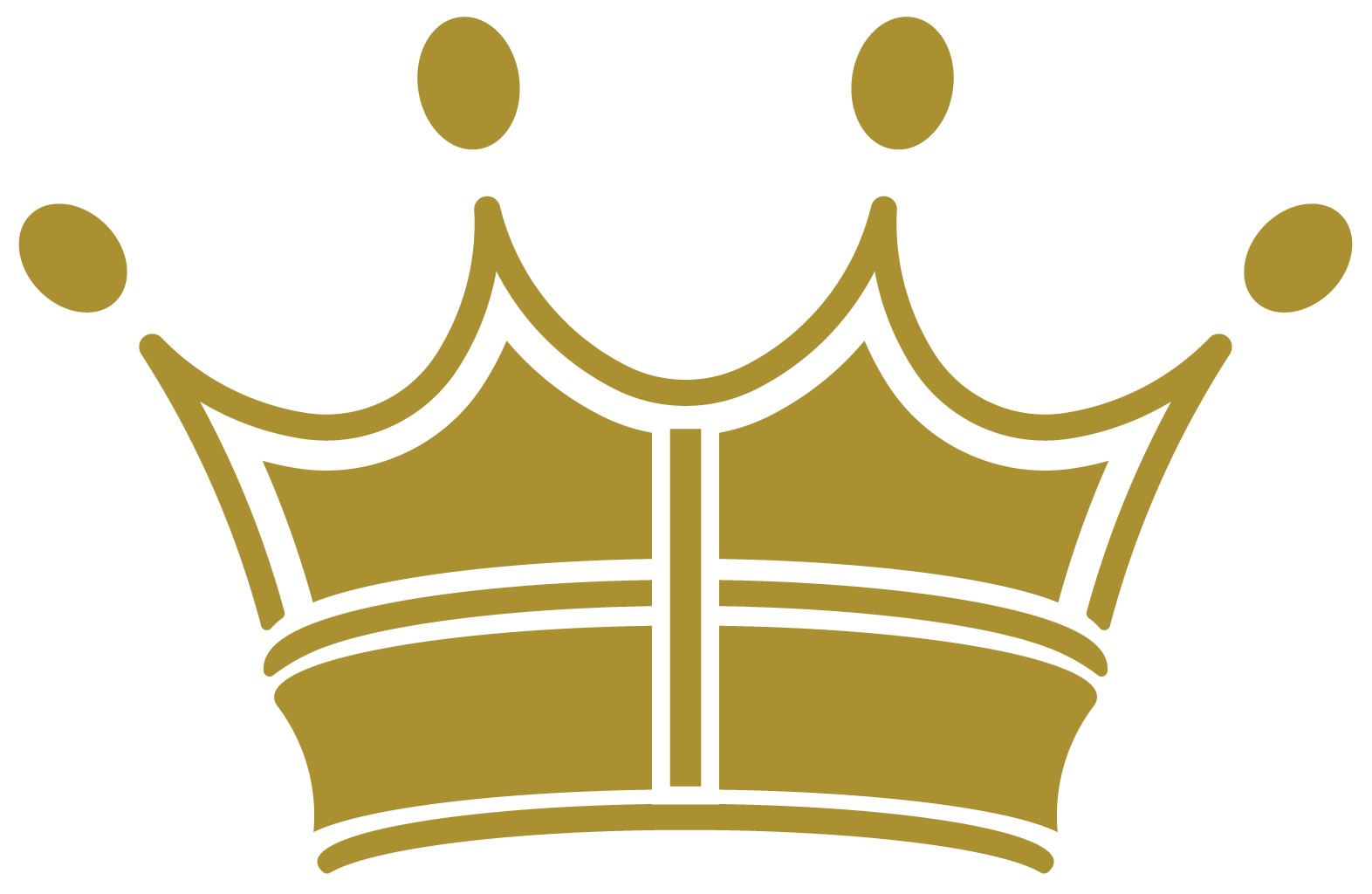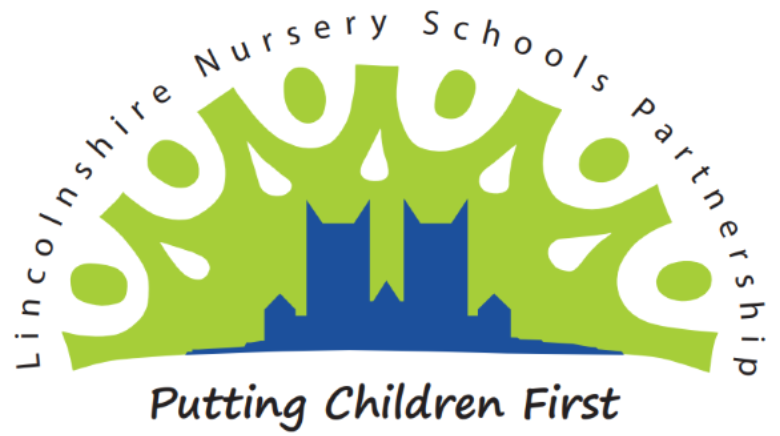Curriculum
At Kingsdown Nursery School, we follow the Early Years Foundation Stage Statutory Framework.
Our Curriculum
Our curriculum aims to equip all children with the knowledge and skills that they need in order to become curious, independent and resilient learners.
Our aim is that all children will gain knowledge, develop valuable skills and be able to remember, retain and build upon the learning as they progress through the classes.
The curriculum is intertwined with our ethos, values and view of the child as a curious learner; it consists of our daily routines, our emphasis on indoor and outdoor learning, our knowledge of the typical developmental milestones for children and a play-based programme based on exciting and engaging experiences delivered by skilful and caring practitioners.
We want our children to:
- Be Happy and Safe
- Be Independent
- Have Ambition and Aspiration
- Develop Healthy Lifestyles
- Develop Strong Cultural Capital
The Early Years Foundation Stage Framework:
The Early Years Foundation Stage (EYFS) statutory framework is a set of standards which all Early Years providers must meet to make sure children are given the optimum opportunity to progress and develop, in a safe and healthy environment. There are 7 areas of learning and development in the EYFS:
- Personal, social, and emotional development
- Communication and language
- Physical Development
- Literacy development
- Mathematics
- Understanding the world
- Expressive arts and design
We plan activities and experiences in all areas of the curriculum, focussing, in particular, on Communication and Language development, Physical development and Personal, Social and Emotional development which are known as the Prime areas of learning:
Personal, Social and Emotional development:
We want our children to feel safe and confident in their learning environment and in their interactions with their peers and their familiar adults. We expect our children to learn about turn taking and ‘kind hands’ to help their interactions with their peers. We expect our children to develop a ‘can do’ attitude to new tasks and/or challenges. We expect our children to understand and follow the rules of simple small group games and activities. We expect our children to be happy and enthusiastic learners.
Physical development:
We expect our children to develop both in confidence and control when using their whole bodies; to be able to wall, run, jump and dance with control. We expect our children to develop their spatial awareness and coordination and to be able to operate small wheeled equipment and develop ball control. We expect our children to begin to develop control over their bodies to enable them to sit or stand safely and focus on their early mark making skills and use of small tools such as scissors.
We expect our children to develop their self-help skills including attempting to dress and undress themselves, to develop control and awareness in toileting skills.
Communication and language development:
We expect our children to be able to listen to others and participate in conversations (both verbal and non-verbal), express themselves, using both verbal and non-verbal communication to articulate needs, interests and ideas. We expect our children to develop an expanding vocabulary, to enjoy a range of stories and rhymes and be able to join in with familiar refrain and simple songs, as appropriate to their age and stage development.
The specific areas of learning:
Literacy:
We want our children to enjoy a wide range of stories and rhymes and be able to join in with familiar refrains and simple songs, as appropriate to their age and stage of development.
Expressive arts and design:
We expect our children to express themselves and share their ideas through dance, art and music.
Understanding of the world:
We expect our children to love investigating the outdoor environment and develop a love of nature, this will include developing their understanding of life cycles and care of plants.
Mathematics:
We expect our children to be engaged in a range of practical activities that develop their concept of number, measures and patterns. This will include engagement with a variety of malleable materials.
The Characteristics of Effective Teaching and Learning:
Whilst the learning and development statements look at ‘what’ children learn the characteristics of effective teaching and learning focus on ‘how’ children learn, how we engage them emotionally, physically and cognitively in their play experiences. Developing positive dispositions and attitudes to learning in a child’s earliest years can lay strong foundations for their future.
The EYFS Statutory Framework (2021) identifies three characteristics of effective teaching and learning:
· Playing and Exploring (Engagement)
· Active Learning (Motivation)
· Creating and Thinking Critically (Thinking)
The ways in which the child engages with other people and their environment underpin learning and development across all areas and support the child to remain an effective and motivated learner.
Our Curriculum is made up of:
Goals:
These are what we want our children to achieve by the time that they leave us for Primary School.
Steps:
These are the steps of knowledge and skills that children need so that they can achieve the goals. (Our curriculum is inclusive, these are steps rather than ages and stages, for example, Step one might be where a 3 year old is working, Step three might be where a 2 year old is working)
Long Term Plan:
This is a yearly overview of our themes, special events, stories/books and songs/rhymes.
Medium Term Plans:
These are our theme overviews including activities and vocabulary (What children will be learning as a 2-year-old and what children will be learning as a 3–4-year-old).
Short Term Plans:
This is our weekly classroom/outdoor planning linked to the areas of learning.
These are our Talk Time plans linked to the areas of learning.
Assessment/Progress check points:
This is how we know that children are on track. We observe and monitor children’s progress continuously throughout the term and this is noted formally on our tracker at the end of each term.
We also use the Characteristics of Effective Teaching and Learning to assess how children are engaging with activities and with each other in the learning environments.
Cultural Capital:
Cultural capital is the accumulation of knowledge, behaviours and skills that a child can draw upon and which demonstrates their cultural awareness. Our curriculum builds upon the children’s prior experiences, knowledge and culture.
Ofsted define ‘cultural capital’ as the ‘knowledge children need to prepare them for their future success’ and be ‘educated citizens’.
It could be things like knowing how a library works, or having the opportunity to visit a museum. But it could also include less concrete advantages, like knowing how to apologise to others, or being good at taking turns.
Some of the key experiences the children will have at our school are:
- Being read and sung to every day and having the opportunity to take books and story sacks home
- To engage in outdoor play every day and be encouraged to explore nature whatever the weather and to move freely
- To sit at a table when eating and to use a cup, plate and appropriate utensils
- To experience making pancakes, carving a pumpkin and toasting marshmallows on a bonfire
- To be engaged in a language rich environment
- To have opportunities to perform to their friends and to their parents at Christmas and at the leaver’s celebration
- To learn about a wide range of celebrations, festivals and traditions. Where possible this will be enhanced by school visitors.
Promoting British Values:
British values underpin what it is to be a British citizen in a modern and diverse Britain, and promote moral and cultural understanding that celebrates the diversity of the UK.
One of the reasons that British values are so important is that they help to prepare young people for life in modern Britain as they grow older and leave school.
Here are the five British values:
- Democracy:
-children’s voices will be heard, they are encouraged to share their ideas and experiences and plan their own time
- The rule of law
-children are expected to follow our simple rules with support. They understand about why we have rules and our rules are clear, consistent and realistic
- Individual liberty
-children can spend some of the day choosing their own activity. They can choose whether to work inside or outside, they can choose to have a snack or not and choose between foods
-children’s individual interests are celebrated and we incorporate their ideas into our planning
- Mutual respect
-we work hard to build relationships with all of our families
-we understand respect that all of our children are different and that they develop at different rates and have different needs
-we celebrate special occasions that are important to our families and the wider world
- Tolerance of those of different faiths and beliefs
-we promote respect and tolerance for different people, faith, cultures and languages
- children are taught about different cultures and celebrations
-positive images reflecting diversity can be seen in our environment

